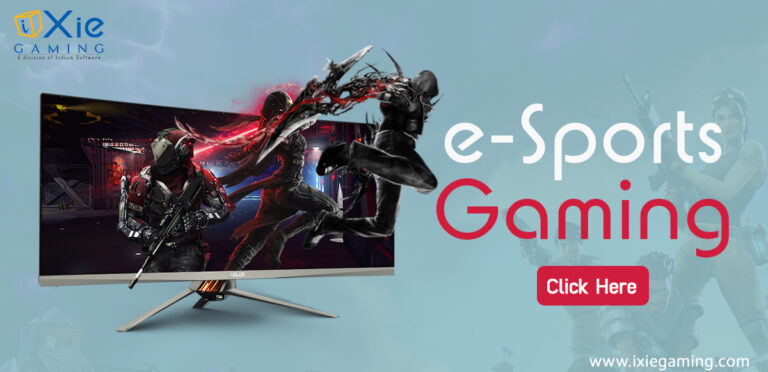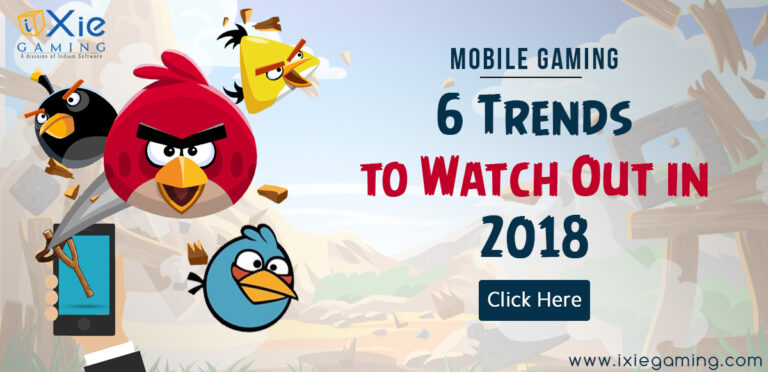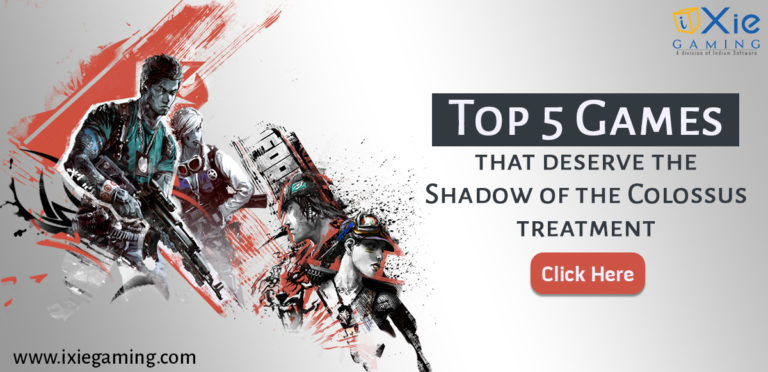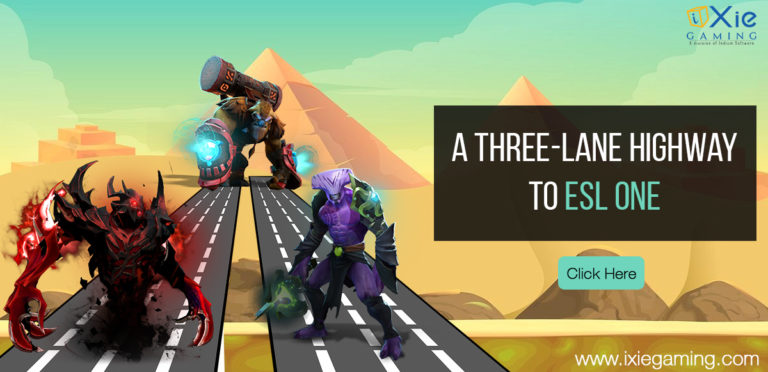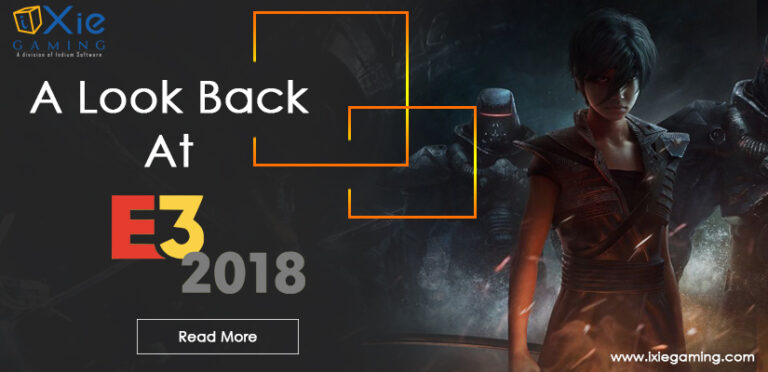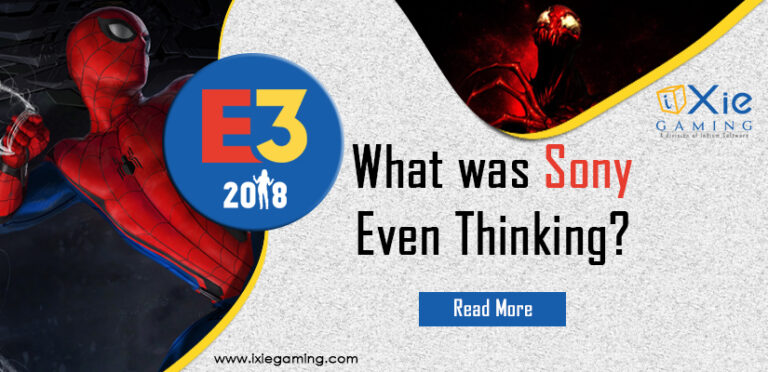Games industry analyst Michael Pachter predicted that the future of gaming will be console free. That a dedicated box will not be needed anymore to play high profile AAA games. Also, that this leap will be the first done by an entity other than the Big 3 of the industry. And he has been predicting this since the tail end of the PS3 era. Well, I hope that his version of the future does not include a zombie apocalypse or an alien invasion as his prediction is actually shaping up to be true. Google just unveiled Stadia – A gaming platform through which they enter the gaming landscape. The reveal did not seem to surprise a lot of people as this was a streaming service and something that was predicted as the route that Google would take, but also something that meets a lot of scepticism. What was on display was nothing short of jaw dropping, but it is that sense of awe that also raises the question – Will they be able to pull it off? Let’s take a closer look at what the showcase was like.
The press conference made a few things clear. That Google is serious about this and has invested heavily with a huge resource pool. They seemed to have checked all boxes to deliver a compelling experience in terms of content with a focus on ease of access. But it was also as Google like as it could be. Here is a breakdown of the most noteworthy points from the conference.
A platform which is Gamer, Developer and Content Creator friendly
Google are establishing Stadia as a platform that is very developer friendly by offering their data centre as the platform, thus removing the limitations of the computing power offered within a box.
For gamers, this would mean high quality games which are ready in the datacentre and could be accessed instantly avoiding download and install times. This can be done on a multitude of devices like a tablet, PC, smartphone or Smart TV. And google have gone all the way to ensure that these games can be accessed from anywhere, quite literally. You can instantly play the game right after watching a trailer, or after doing a search on it, or while going through the game’s website. Google seemed to have been on a mission to offer the game to you right when your mind says “I wish I could play this” without having to go through the process of getting to a particular console/PC platform, loading it and then getting to play. Because, you know, you could drift away in to something else in the process and the business opportunity for that game is then lost. And Hey, who doesn’t like such ease of access.
The same amount of focus and effort can be seen in the integration of Content creator friendly options. The platform enables a more comprehensive interaction between content creators and their community, with options like having the community play with the creators in the same session. And having the ability to stream simultaneously while playing without any compromise in quality, within the same platform.
Backed by Impressive Tech, Partnerships and Hardware
Google claims that the Stadia features 10.7 GPU teraflops per instance which is more powerful than XB1 and PS4 pro combined. This no doubt will result in great looking games and it would be interesting to see how the games of the future will use the extra horsepower. The platform was tested back in October last year by the name of Project stream, where a resolution of 1080p was achieved with 60FPS on a graphics heavy AAA title (AC Odyssey) without any latency. Google promises that this will be bumped up to 4K @ 60FPS at launch with support for 8K @ 120FPS coming in the future. They also threw in the fact they will embrace full cross platform support (yet another slap on the wrist for Sony).
To help facilitate these games, Google announced that they have partnered with Unreal and Unity for game engines and several other middleware providers. Googles claims to have sent development hardware to more than 100 studios with over a 1000 creatives and engineers working on games for the platform. ID software was on the show floor to announce Doom Eternal on Stadia, which would run at 4K @ 60FPS. Google also announced, “Stadia games and entertainment studios”, an in house games studio headed by none other than Jade Raymond which will not only focus on first party games but also provide support to partner studios.
While these games can be played using any controller or keyboard, they also unveiled a new hardware in the form of the Stadia controller. Unlike conventional controllers, the Stadia controllers connects through wi-fi and directly accesses the data centre which runs the game, thus reducing latency. The controller also features a dedicated capture button to instantly share your play sessions on YouTube, and a Google Assist button to help you with the game on the fly, without having to look elsewhere.
More Google like than ever before…
Of course, no Google product is complete without its set of unique tools and Stadia is no different as it offers various options to devs, gamers and content creators. Below is the list of a few notable tools.
Stream Connect brings couch multiplayer back but with different stadia instances. This means that resources need not be shared by a single session there by compromising on quality. Instead each player on the screen will have their own play sessions, sort of like a LAN setup where multiple consoles work on their own sessions, but while displaying on a single screen.
State Share helps players share a playable moment from a precise point in a game including world state, player position inventory etc, all of which can be encoded with a link that can be shared with any number of people over the internet and not just your friends list.
Style transfer ML, uses machine learning to help save time on art. This was demoed on stage with a Dev explaining how it helps save time through the development process. And honestly, it was quite impressive.
Crowd Play helps you connect with content creators like never before, by letting you take part in the game session that is being streamed live.
And that was the conference in a nutshell. Admittedly this did not receive as much hype or attention prior to the showcase, but what was shown sure has the potential to change gaming as we know it. Google has managed to get everybody’s attention as a result. That’s not to say it looks perfect. There are quite a few questions looming over Stadia and it is yet to be seen how everything will be executed. However, let’s wear our positive hats on and stay excited for what is to come. All the best to Google. Keep us enthralled through your games.

